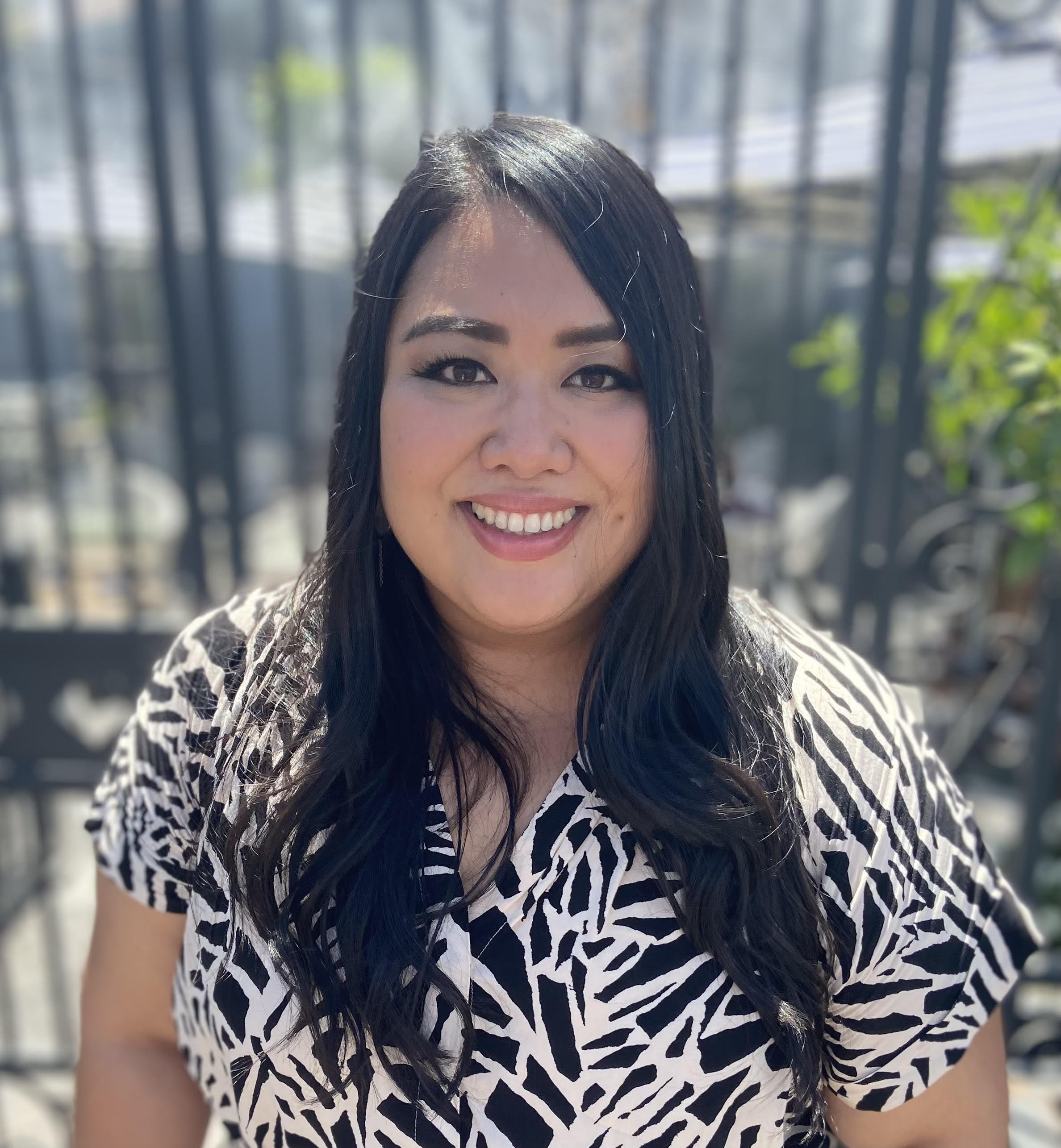Discriminatory experiences among Latinx youth: An interview with Dr. Michelle Pasco
Latinx youth living in the United States have long encountered discrimination (e.g., anti-immigration sentiment) in a variety of contexts. In their recent article, A retrospective analysis of racial of racial discrimination experiences for Latinx adolescents and young adults, Dr. Michelle Pasco and co-authors centered the voices of U.S.-born Latinx youths by exploring their experiences of discrimination through retrospective accounts.
Dr. Pasco kindly took the time to answer some of our questions about this recent article.
1. What is the main takeaway of your article?
The main takeaway from the article is that Latinx adolescents and young adults experience all kinds of forms of racial discrimination across multiple contexts and various perpetrators throughout their lives. These retrospective accounts show four main themes of discrimination: assumed (illegal) immigrant, (b) assumed unintelligent, (c) assumed criminal, and (d) assumed to be inferior. These retrospective accounts show that Latinx adolescents and young adults make meaning of discriminatory experiences later in life.
2. What questions does this paper address? Why were these questions important?
The paper addresses how Latinx adolescents and young adults make meaning of past experiences of both overt and subtle forms of racial discrimination. A retrospective analysis is important because it shows how Latinx adolescents and young adults make meaning of past discriminatory experiences in their present lives. Moreover, by taking a qualitative and exploratory approach, we are able to center the voices of Latinx youth.
3. What do you wish more people knew about this topic?
Discrimination, in both subtle and aggressive forms, plays a role in Latinx youths’ lives. Both subtle and aggressive forms can have an impact on Latinx youths’ mental health. Discrimination can happen anywhere—public spaces, neighborhoods, stores, and the media. At an early age, youth can identify a discriminatory experience but not make meaning until later in life.
4. Are there any papers, videos, blog posts, etc. that you would recommend to readers who are interested in this topic?
The work from scholars, including Eleanor Seaton, Eduardo Bonilla-Silva, and Katharine Zeiders, who are great scholars doing work related to racism and discrimination.
5. What are you most excited to see in this field in the future? What questions are you particularly excited to get answers to?
I am excited to see more work about political identity and engagement for Latinx youth given today’s sociopolitical climate. I look forward to seeing studies about how discrimination is associated with Latinx youths’ political identity and engagement. I am also excited to see novel methods to examine Latinx youths’ experiences including more qualitative methods, mixed methods, and photovoice.
Author bio:
 Michelle Pasco received a PhD in Family and Human Development at Arizona State University and currently is a Postdoctoral Research Scholar working on the Arizona Youth Identity Project. Dr. Pasco's research incorporates a culturally-informed lens to understand the lived experiences of ethnic-racial minoritized youth and families situated within neighborhood contexts, and uses different methods including, quantitative, qualitative, and mixed methods to examine how neighborhood factors influence developmental processes and experiences such as ethnic-racial identity, political identity, discrimination, and cultural socialization. Her work is interdisciplinary, informed by perspectives from psychology, sociology, justice studies, and ethnic studies.
Michelle Pasco received a PhD in Family and Human Development at Arizona State University and currently is a Postdoctoral Research Scholar working on the Arizona Youth Identity Project. Dr. Pasco's research incorporates a culturally-informed lens to understand the lived experiences of ethnic-racial minoritized youth and families situated within neighborhood contexts, and uses different methods including, quantitative, qualitative, and mixed methods to examine how neighborhood factors influence developmental processes and experiences such as ethnic-racial identity, political identity, discrimination, and cultural socialization. Her work is interdisciplinary, informed by perspectives from psychology, sociology, justice studies, and ethnic studies.

